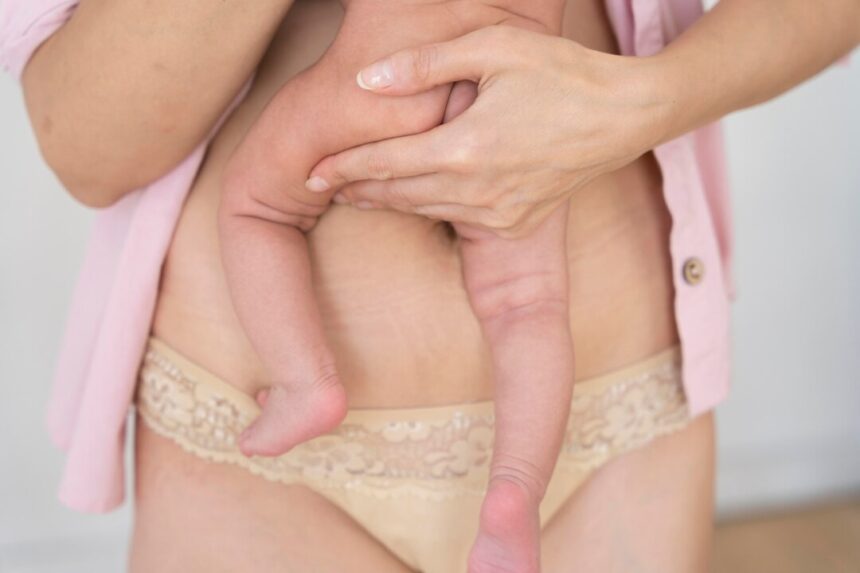The journey of pregnancy and childbirth is a remarkable and transformative experience, but it is also a time of profound physical changes and challenges for new mothers. As you welcome your precious bundle of joy into the world, it’s essential to prioritize your own health and well-being during the postpartum period. Postpartum recovery is a vital phase that allows your body to heal and adjust after the rigors of childbirth, preparing you for the joys and demands of motherhood. Here are some essential tips for nurturing and supporting your body as you navigate the postpartum journey:
1. Rest and Recovery:
The postpartum period is a time of significant physical and emotional adjustment, and adequate rest is essential for promoting healing and recovery. Listen to your body and prioritize restorative sleep whenever possible. Accept help from friends and family members to lighten your workload and allow yourself time to rest and recuperate.
2. Proper Nutrition:
Nourishing your body with nutrient-rich foods is crucial for replenishing energy levels, supporting healing, and promoting milk production if you choose to breastfeed. Focus on consuming a balanced diet rich in fruits, vegetables, lean proteins, whole grains, and healthy fats. Stay hydrated by drinking plenty of water throughout the day, especially if you are breastfeeding.
3. Gentle Exercise:
While it’s essential to rest and allow your body time to recover after childbirth, gentle exercise can promote circulation, strengthen muscles, and support overall well-being. Start with light activities such as walking, gentle stretching, or postpartum yoga as soon as you feel ready, and gradually increase the intensity and duration of your workouts as your body heals.
4. Pelvic Floor Rehabilitation:
Childbirth can place significant strain on the pelvic floor muscles, leading to issues such as urinary incontinence and pelvic organ prolapse. Pelvic floor exercises, also known as Kegels, can help strengthen these muscles and improve pelvic floor function. Consider consulting a pelvic floor physical therapist for personalized guidance and rehabilitation exercises.
5. Emotional Support:
The postpartum period can be emotionally challenging, with feelings of exhaustion, anxiety, and overwhelm common among new mothers. Reach out to your partner, friends, and family members for emotional support and companionship. Consider joining a postpartum support group or seeking counseling if you’re struggling with mood changes or postpartum depression.
6. Self-Care Practices:
Taking time for self-care is essential for nurturing your physical, emotional, and mental well-being during the postpartum period. Set aside moments for relaxation, meditation, or indulging in activities that bring you joy and comfort. Prioritize activities that help you feel grounded, connected, and supported as you navigate the joys and challenges of new motherhood.
7. Patience and Compassion:
Remember that postpartum recovery is a gradual process, and it’s normal to experience ups and downs along the way. Be patient and compassionate with yourself as you adjust to your new role as a mother and allow yourself grace and acceptance as you navigate the challenges and joys of the postpartum journey.
Postpartum recovery is a transformative and deeply personal journey that requires patience, self-care, and support. By prioritizing rest, nutrition, gentle exercise, pelvic floor rehabilitation, emotional support, and self-care practices, you can nurture and support your body as it heals and adjusts after childbirth. Remember that every mother’s postpartum journey is unique, and it’s essential to listen to your body and prioritize your own well-being as you embrace the joys and challenges of new motherhood.










